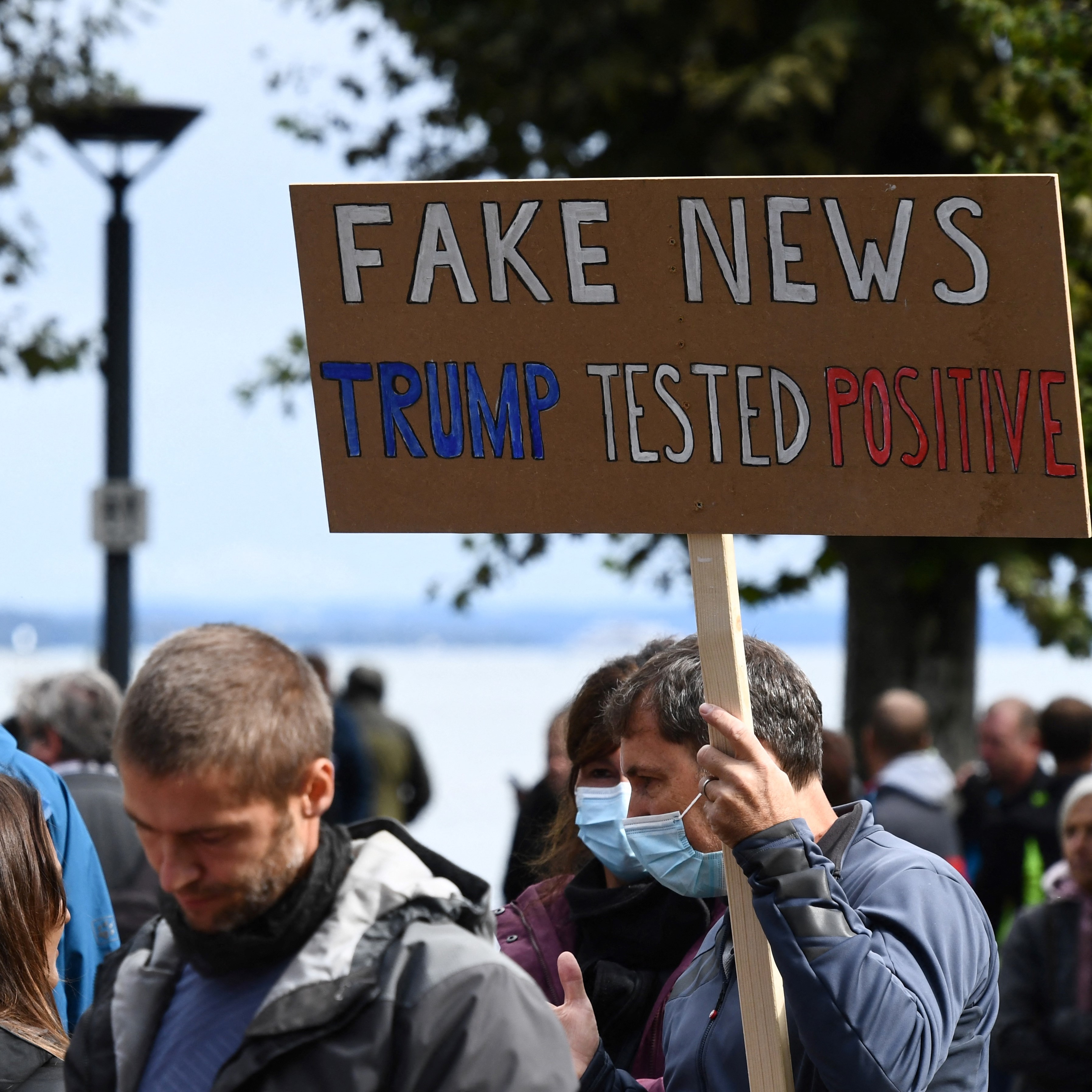What is fact-checking?

In a context of widespread disinformation, fact-checking forms the first line of response through its focus on restoring the facts.
Fact-checking involves verifying content that has already been published, particularly on social media, and establishing what is known—or not—about a subject.
The work of fact-checkers involves:
Selecting the most sensitive and viral topics;
Conducting thorough verification;
Publishing for the widest possible audience;
Being transparent about the methods used.
This publication often takes place on the platforms themselves, directly confronting the fact-check with the original false information.
Fact-checking requires a solid understanding of social media as well as mastery of key open-source intelligence (OSINT) tools to aid in verification or image geolocation. At AFP, this discipline falls under the broader umbrella of digital investigation.
AFP has developed the most extensive fact-checking network in the world
26
langues

43
bureaus

134
journalists

22
fact-checks per day

7 536 fact-checks were published, including:
- 713 on the Israel-Hamas war
- 524 on the Russian invasion of Ukraine
- 383 on Covid-19
- 346 on climate issues
- 540 on the US elections
- 513 on American politics
- 342 on vaccines
- 221 on artificial intelligence

For several years, AFP has been offering training in digital investigation. Its journalists share their expertise and tools during workshops and training sessions, either in-person or online, tailored to specific needs.
The team has also created a series of online courses aimed at journalists and journalism students, available on digitalcourses.afp.com.